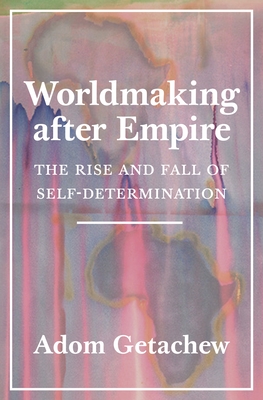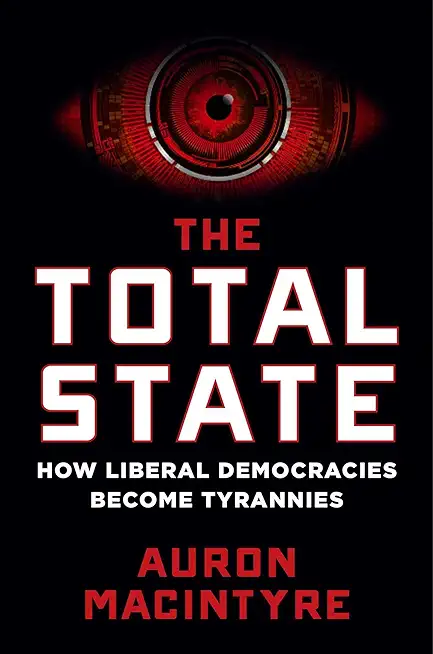
Where does progress happen? The story of civilization is the story of the city. It is cities that have created and defined the modern world by acting as the sites of pivotal advances in culture, politics, science, technology, and more. There is no question that certain places, at certain times in history, have contributed disproportionately toward making the world a better place. This book tells the story of 40 of those places.
In Centers of Progress: 40 Cities That Changed the World, Chelsea Follett examines a diverse group of cities, ranging from ancient Athens to Song-era Hangzhou. But some common themes stand out: most cities reach their creative peak during periods of peace; most centers of progress also thrive during times of social, intellectual, and economic freedom, as well as openness to intercultural exchange and trade; and centers of progress tend to be highly populated. Because, in every city, it is ultimately the people who live there who drive progress forward--if given the freedom to do so.
Identifying common factors--such as relative peace, freedom, and multitudes--among the places that have produced history's greatest achievements is one way to learn what causes progress. Change is a constant, but progress is not. Understanding what makes a place fertile ground for progress may help to sow the seeds of future innovations.
Moreover, their story is our story. City air provides the wind in the sails of the modern world. Come journey through these pages to some of history's greatest centers of progress.







